Responsible Consumption & Production
May 2022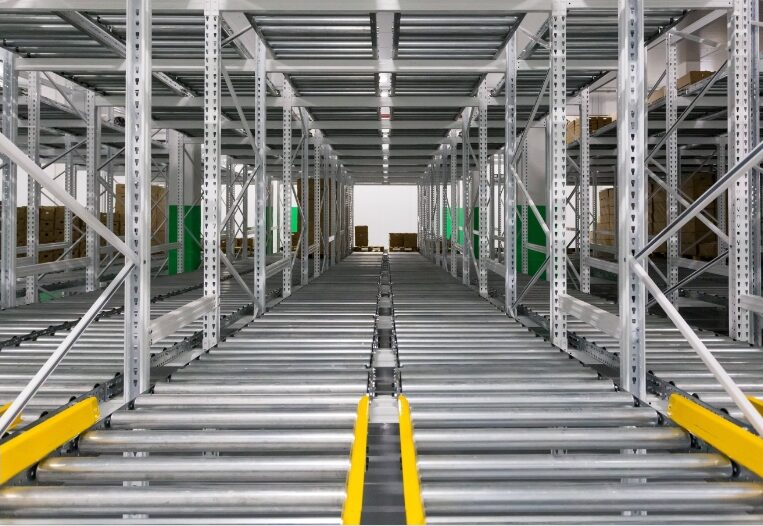
Last month we looked at Sustainable Development Goal 3: Good Health & Well-Being, highlighting the Care First Employee Assistance Programme, Living Wage Employer, Ukraine Appel Foundation and the passing of Dick Duley.
This month we are taking a closer look at Sustainable Development Goal no. 12 ‘Responsible Consumption and Production’, a goal that is closely aligned with our manufacturing operations.
Efficient resource use is something that has always been incorporated into our operational improvements, so will be familiar to most of us. Responsible consumption and production patterns make common sense – it means using resources efficiently because they are not unlimited.
Packaging
Our Waste and Water CSR Policy focuses on ‘Zero Waste to Landfill’. Apart from getting the most out of the materials, avoiding landfills means avoiding CO2 and methane emissions produced by landfill sites.
We’ve done a lot of work over the years on our packaging, as this helps both ourselves and our customers’ waste reduction and carbon footprint.
MAV
MAV has recently done away with unrecyclable Styrofoam packaging and gone through many stages of stress testing to reach a result of 95% cardboard packaging. This material is widely recyclable and comes flat packed, so it can be easily stored and reused by customers if needed.
MAV has also been the first Group company to adopt a gum tape dispenser in place of brown polypropylene tape for packaging for improved hold. Both TGS and AGD have since adopted gum tape dispensers.
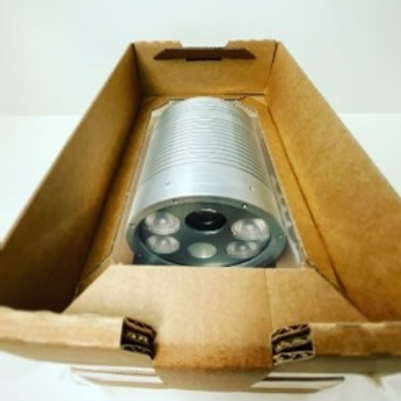
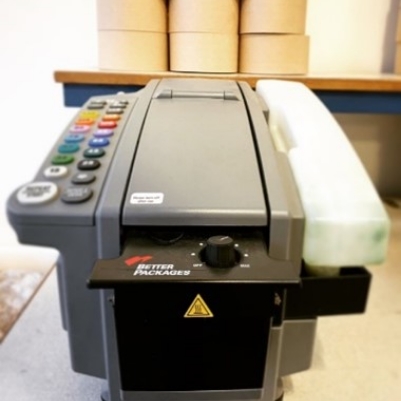
TGS
A University Placement Student, recently working for TGS, helped them achieve 100% cardboard packaging for spare controllers. Specially designed branded cardboard packaging has been introduced, made from 100% recycled board and ‘Hive Roll’ as a paper-based bubble wrap replacement.

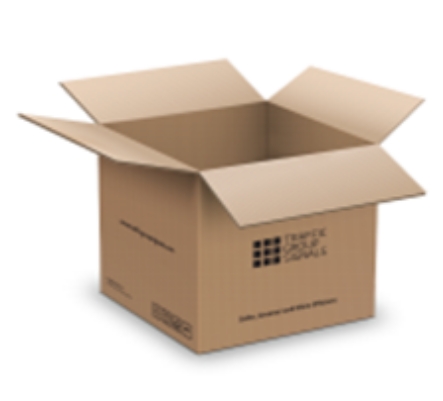
AGD
AGD has achieved 100% cardboard product packaging across all product lines by replacing packages from bubble wrap, plastic bags and sealing sponges with smaller, specially designed cartons with internal side pouches and folded wings.
Their most recent changes were to the Radix tactile packaging. AGD has successfully trialled gum tape in production and dispatch areas and continues investing in an additional dispenser for smaller cartons to do away with plastic tape entirely.
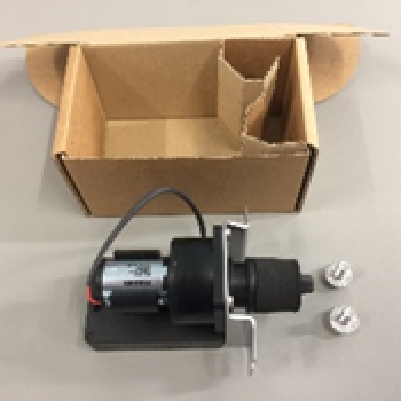
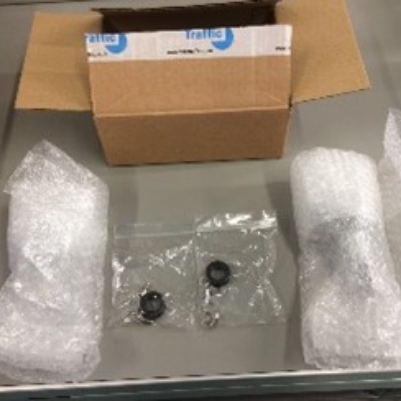
“ Having found an ideal set-up for the larger boxes, working at the pace of the machine delivers an overall more consistent, neater, stronger packed box, whilst delivering a SUPERB win for the recyclability of our packaging.”
ANDREW BIGGS, Lead Storeman for AGD
Waste Management
Back in 2008, AGD set a target for achieving zero-waste-to-landfill and in February this year, they achieved just that. The company has gone from a single cardboard recycling bin and five 1100 litre general-waste-to-landfill wheelie bins, to having a solution with recycling for polystyrene, metal, cardboard, IT, printer cartridges, PCB’s, batteries, and mixed recycling. A special thank you to Martin Smith for his work in this area.
MAV has had an uphill journey in finding a partner who can collect plastic recycling from their site. Tremendous progress has been made with the area having plastic recycling being collected along with their regular paper and card recycling. MAV has also worked to reduce their total general waste and is in a trial period of halving their weekly bin collections.
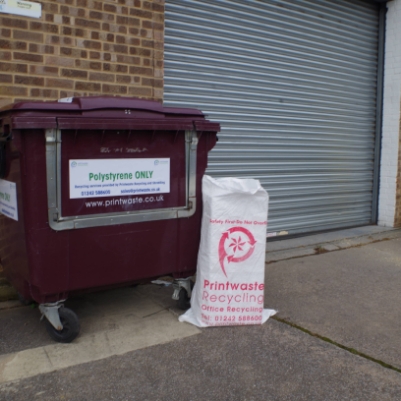
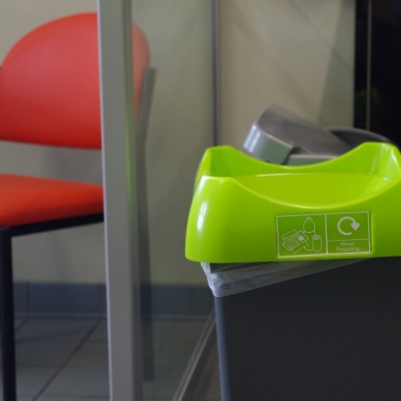
FAQ
Why not plant some trees?
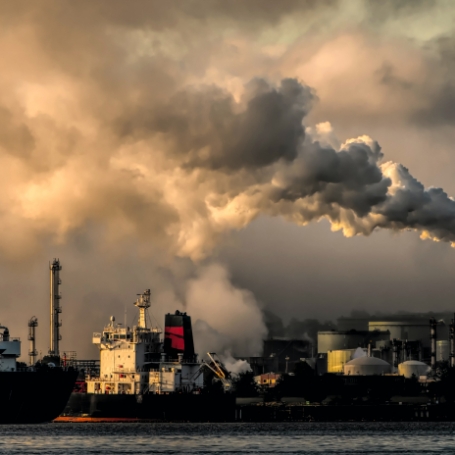
When it comes to the environment and climate change, we are releasing more greenhouse gases than our planet can cope with.
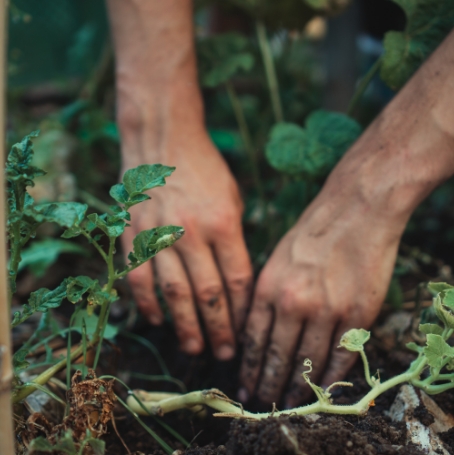
Planting trees no doubt seems like a simple and effective solution; removing CO2 from the atmosphere whilst restoring natural habitats.

But whilst planting new forests is a good thing if done properly, the solution should involve both preventing and removing greenhouse gases.
Greenwashing

Unfortunately, we see a pattern of organisations paying tree-planting organisations to justify continuing greenhouse gas emissions and not addressing the problem.
Many tree-planting companies are not always correctly reforesting; planting without biodiversity (one type) impacting wildlife inclusion and provides little to no aftercare.
Thirdly, the reduced incentive to preserve existing forests limits the more significant benefits of preserving current ecosystems and established carbon sinks. Reducing unnecessary deforestation should be prioritised – it accounts for about 10% of global emissions!
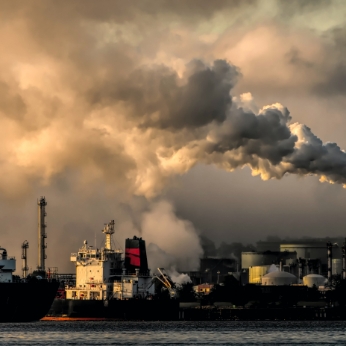
Improving core operations
CSR needs to focus primarily on improving core operations. At The Traffic Group, our first steps to tackling this are introducing green energy solutions for our manufacturing sites and electrification of our company vehicles.